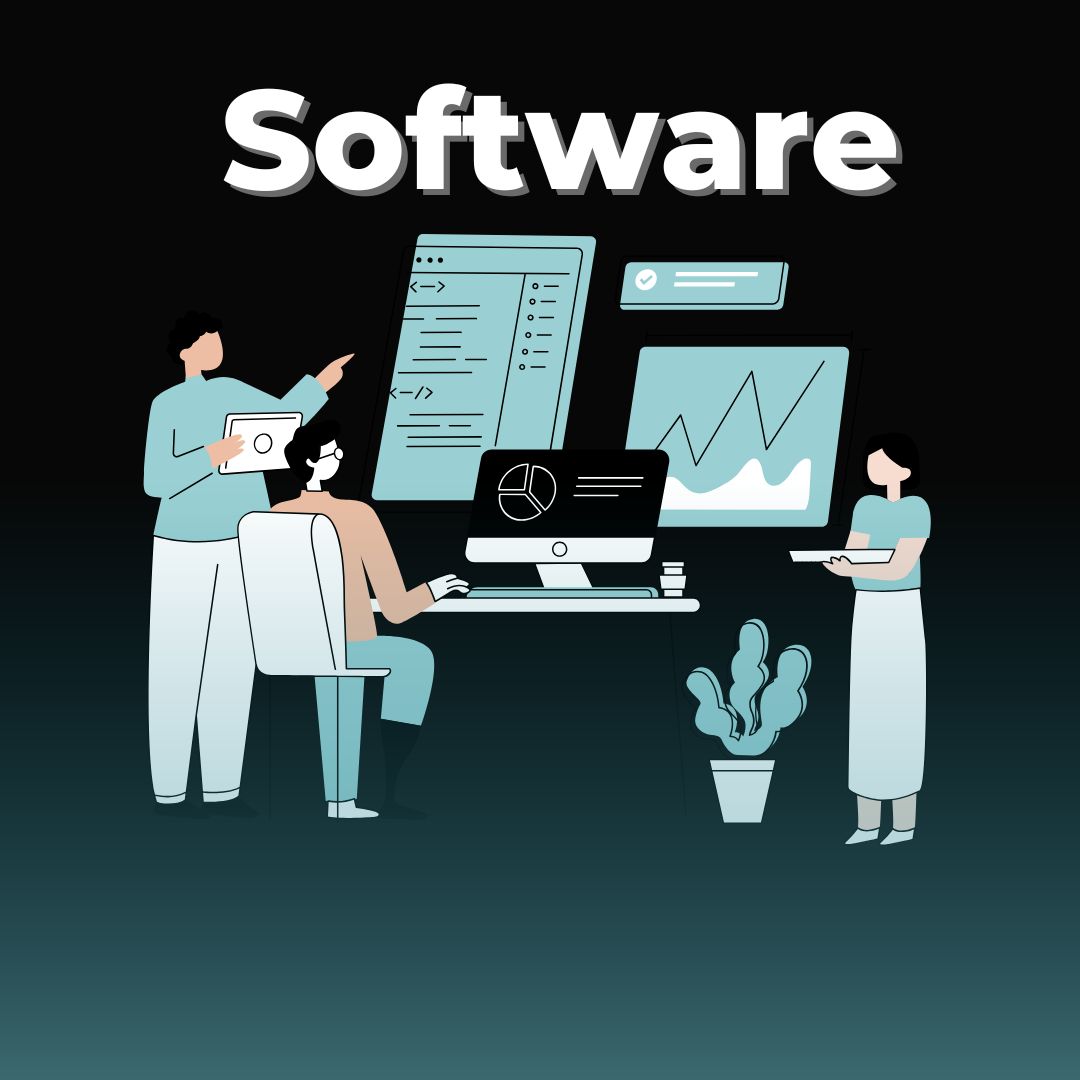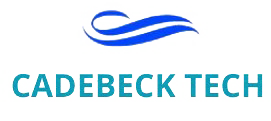
02 Apr The Future of Programming Languages for Custom Software Development
As technology evolves, so do programming languages. In the coming years, several languages are expected to dominate the field of custom software development, thanks to their scalability, efficiency, and AI integration capabilities.
-
Python – Widely used for AI, machine learning, and web applications.
-
Rust – Gaining traction for its security and performance in system-level programming.
-
TypeScript – Extending JavaScript’s capabilities for scalable web applications.
-
Go (Golang) – Ideal for cloud-based and high-performance applications.
-
Swift & Kotlin – The future of iOS and Android development, respectively.
With AI-driven tools and cloud computing shaping the industry, developers will increasingly rely on versatile, secure, and efficient languages.

